Our city’s drugs crisis is an issue that often gives rise to emotionally charged debate, discussion and argument.
Understandably so. We are talking about people’s lives and the impact of drugs in our communities.
But remove some of the rhetoric and it’s clear that such a longstanding, complex and entrenched issue will take longer than any of us would hope to fully address.
Politicians, contrary to what some of us would like to think, will not solve the drugs crisis in isolation or overnight. But we can help set the wheels of change in motion.
I want Dundee to become the City of Recovery.
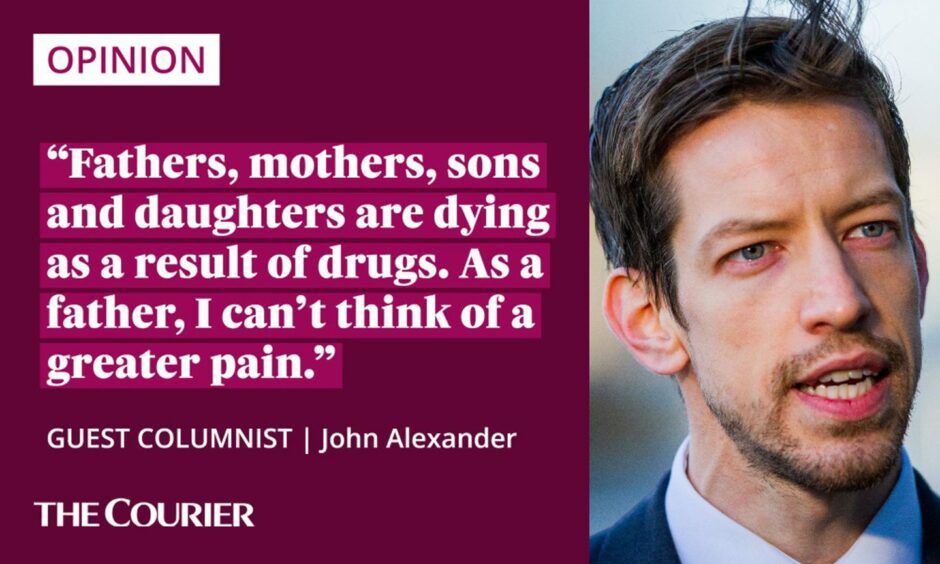
This has been and continues to be one of my top priorities and biggest challenges as leader of Dundee City Council.
It’s why I’ve spoken openly about the need to cut through political rhetoric and for all involved to be honest about the scale of what we face.
It will take the entire city: organisations and communities, to help people on to the road to recovery.
Staff in drug services work incredibly hard and often in the toughest of situations.
Progress is being made and we need to continue to collectively support and push for even greater progress, at a much faster pace, now the challenges presented by the pandemic are waning.
Dundee drug problems are entrenched and long term
Growing up in Kirkton in the 80s and 90s, I saw some of the effects of our longstanding battle with drugs first-hand – from drug raids and fights to housebreaking.
The current drugs crisis wasn’t born overnight.
It is a legacy of poverty and deprivation, among other issues.
And it will not disappear overnight either.
One statistic that should horrify us all is that those in the most deprived areas are 18 times more likely to have a drug-related death.
A relentless focus on tackling drugs in Dundee
We need a relentless focus on scrutiny, on constructive challenge and on innovation.
It’s not just the lives of those using drug services that are impacted but also their families and our communities.
The ripple effect of this issue is far greater than many of us appreciate.
With more than 1,200 people accessing drug and alcohol services in the city, we have a massive task ahead.
Recovery isn’t a task for Dundee City Council in isolation but for all of the partners, particularly those that deliver drugs related services; NHS Tayside, the Health & Social Care Partnership, Police Scotland and third sector partners.
Everyone must all work together to continue to ramp up efforts.
Drug deaths did reduce last year, from 72 to 57. And while it is an important measure, it is just one.
Fifty-seven people losing their lives to addiction is horrific, not something to be celebrated.
It remains the case that fathers, mothers, sons and daughters are dying as a result of drugs.
As a father, I can’t think of a greater pain.
Recovery can offer Dundee communities a life beyond drugs
So, what is happening?
Addiction is not a straightforward issue. It is complex and it’s direct impact is particular to each individual.
Recovery is also not straightforward and many will take a longer, meandering, sometimes even chaotic path on their recovery journey.
But recovery is not only possible, it has to be the focus for all of our efforts.
Important look behind the frustrating process of tackling a drugs crisis.
– key figure quits
– 'glacial progress'
– lives are being lost https://t.co/JqSd6nnlRW— Andy Philip (@andydphilip) June 9, 2022
Simply preventing people dying is not enough.
We need to help them grow, thrive, contribute and live their lives.
It is about helping them live over merely existing.
How is Dundee improving drugs services?
That’s why there has been an increase in the number of treatment staff providing direct support to those facing drug addiction.
It is why the Dundee Partnership is moving forward with access to residential rehab, including securing funding to work with a third sector organisation to lead that work.
The city is also increasing capacity within these services to be able to provide immediate support for people identified as having experienced a non-fatal overdose.
And it is, crucially, increasing support for carers and family members.
The move of services into community based venues and away from Constitution House, a key recommendation of the Dundee Drug Commission, is also planned for the year ahead.
This was part of a statement of intent signed by the respective chief executives within key organisations.
These intentions must be delivered and those organisations must take clear ownership.
Importantly, work has already begun on a detailed action plan which will be co-created with the city; with families, communities and organisations.
Action must be the focus across all service areas, from health to housing, employment to education.
I am confident that change is happening already but I also want to see that pace increase.
Frustration is natural and to be expected when we are talking about lives.
For me, I am focusing any frustration in helping to drive that action plan.
John Alexander is the Leader of Dundee City Council.
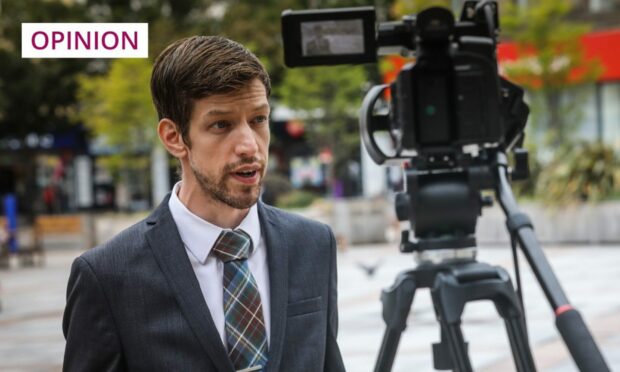
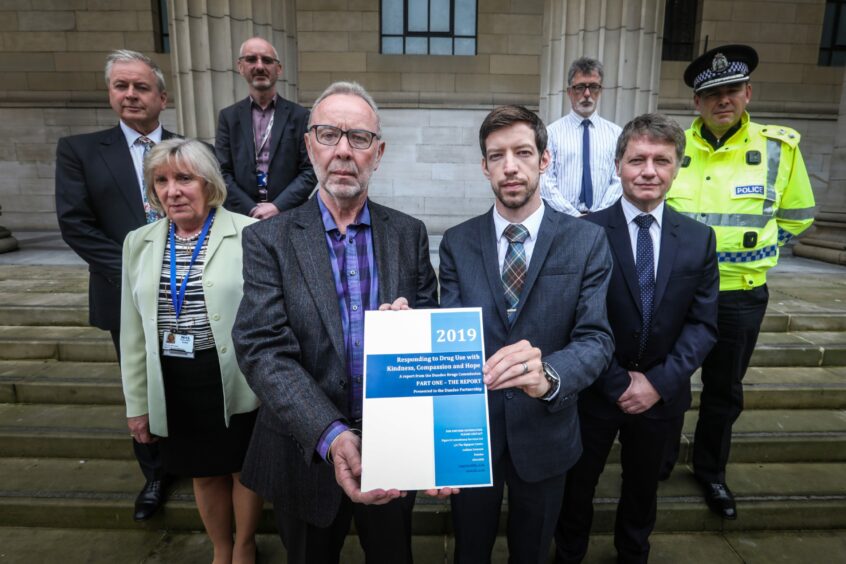
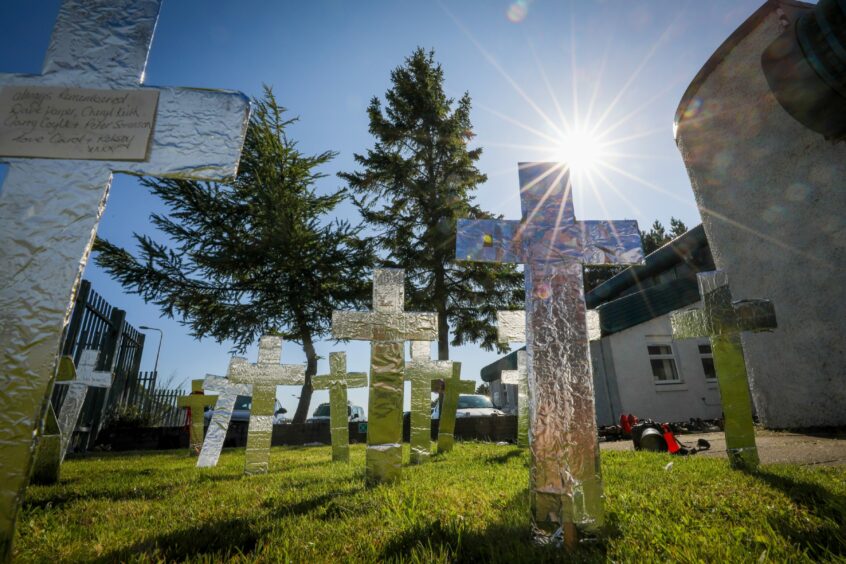








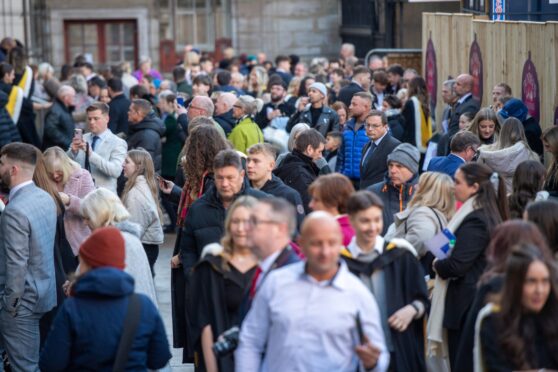
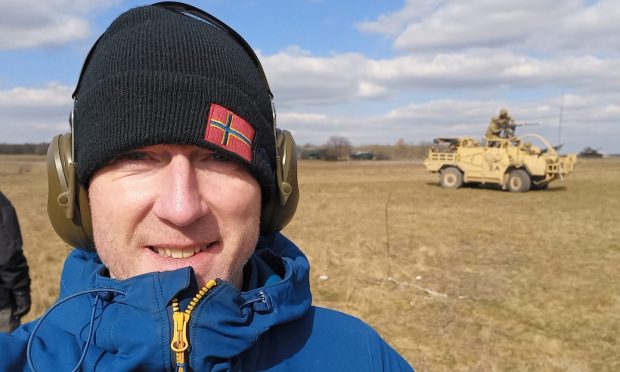
Conversation